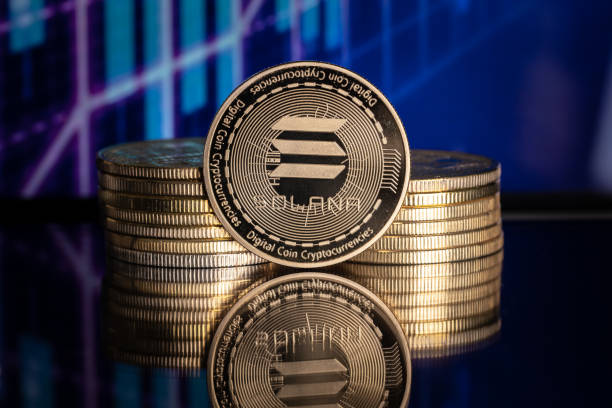Reason to trust

How Our News is Made
Strict editorial policy that focuses on accuracy, relevance, and impartiality
Ad discliamer
Morbi pretium leo et nisl aliquam mollis. Quisque arcu lorem, ultricies quis pellentesque nec, ullamcorper eu odio.
Over the last couple of days, the Ghash.io mining pool has been stirring up conversation in the community again, with an uncomfortably high share of hashrate hitting very close to the feared 51 percent mark.
Posts urging miners to switch to smaller pools litter social media, and Bitcoin Foundation Chief Scientist Gavin Andresen did the same on Friday in a post published on the Bitcoin Foundation blog.
He writes:
Bitcoin mining has been too centralized for years, with just a handful of pool operators have controlled well more than 50% of hashing power. Recently, mining power has become even more centralized, with one mining pool (GHash.IO) likely controlling somewhere between 40% and 60% of hashing power. That isn’t good, and if you are mining with GHash.IO I would strongly urge you to try one of the smaller pools, or, even better, take the time to run bitcoind and p2pool.
Andresen goes on to note that Ghash reaching the very high percentage of hashing power on the network isn’t “disastrous”, though.
Making the assumption that Ghash was an evil entity that wanted to ruin the bitcoin ecosystem, Andresen outlines two things they could do:
The first thing they could do would be to double-spend already confirmed transactions. For example, they could send some bitcoins to an exchange, trade them for dollars, wire the dollars to their bank account, and then announce a longer blockchain where the transfer to the exchange never happened. Now they have dollars and bitcoins.
The fundamental issue with this attack approach — as outlined by Andresen — is that Ghash would likely find itself in a legal pickle because there’s no way to wire money anonymously, thus revealing their identity.
He continues:
The second thing they could do would be to prevent transactions or new blocks from other people getting accepted, effectively stopping all payments and shutting down the network.
This, of course, isn’t ideal by any stretch. In fact, it’s downright bad, but Andresen says this is unlikely. After all, if such a thing happened it would only ruin the long term plans of the miners who are in the pool.
But nonetheless it’s a risk, and one community members must assume.
Andresen says that “…this is a good time to re-iterate [his] standard disclaimers: Bitcoin is still a work in progress, and you should only risk time or money on it that you can afford to lose.”
[textmarker color=”C24000″]Source[/textmarker] Bitcoin Foundation


























